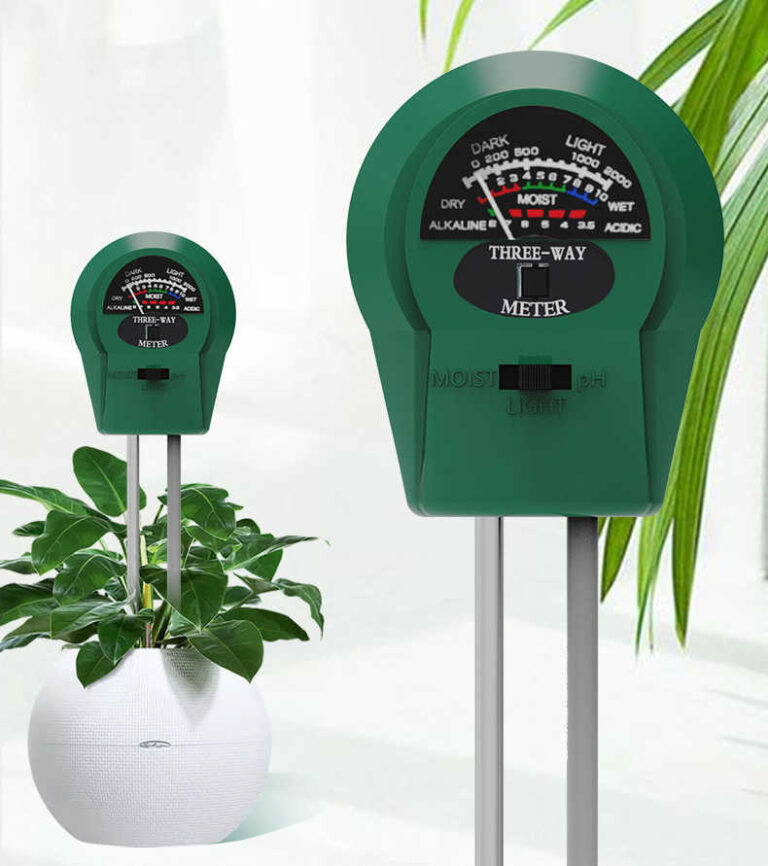When it comes to traffic violations, there are many offenses that drivers can be charged with. Two of the most common offenses are careless driving and reckless driving. While both of these offenses involve unsafe driving behaviors, they differ significantly in terms of their legal definitions, penalties, and consequences. In this blog post, we will explore the difference between careless driving and reckless driving in New Jersey, focusing specifically on New Jersey careless driving. By understanding the differences between these two offenses, you can make informed decisions about how to handle a traffic ticket and protect your rights as a driver.
Legal Definitions
In New Jersey, careless driving is defined as operating a motor vehicle heedlessly, in willful or wanton disregard of the rights or safety of others, or in such a manner as to endanger any person or property (NJSA 39:4-97). This means that careless driving involves a lack of attention or consideration for the safety of others, but does not necessarily involve intentional or deliberate dangerous behavior.
Reckless driving, on the other hand, is defined as operating a motor vehicle heedlessly, in reckless disregard of the rights or safety of others, without regard to the right or safety of any person or property (NJSA 39:4-96). This means that reckless driving involves a conscious and deliberate disregard for the safety of others, and implies a high degree of risk or danger.
penalties for careless driving and reckless driving
The penalties for careless driving and reckless driving also differ in New Jersey. For a first offense of careless driving, the fine ranges from $50 to $200, and three points may be added to the driver’s record. However, if careless driving results in a fatal accident, the penalty increases to a maximum fine of $500 and up to six months in jail.
For a first offense of reckless driving, the fine ranges from $50 to $200, and five points may be added to the driver’s record. Additionally, reckless driving carries a mandatory license suspension of at least 30 days, and up to 60 days for subsequent offenses.
Insurance Consequences in new jersey
Both careless driving and New Jersey Reckless Driving Speed can have serious insurance consequences in New Jersey. Because New Jersey uses a system called the Automobile Insurance Cost Reduction Act (AICRA) to determine auto insurance rates, even one moving violation can result in higher premiums. Specifically, under AICRA, each point on a driver’s record corresponds to a surcharge on their auto insurance policy. Therefore, a careless driving conviction could result in a surcharge of up to $150 per year for three years, while a reckless driving conviction could result in a surcharge of up to $525 per year for three years.
Additionally, because insurers view reckless driving as a more severe offense than careless driving, a reckless driving conviction could lead to even higher premiums or even cancellation of the policy altogether.
Defense Strategies
If you have been charged with either careless driving or reckless driving in New Jersey, it is important to consult with an experienced traffic attorney who can help you mount a strong defense. Some possible defenses to a careless driving charge include:
-
Lack of evidence: Without witnesses or physical evidence, it may be difficult for the prosecution to prove that you were driving carelessly.
-
Emergency situation: If you were forced to drive carelessly due to an emergency situation, such as swerving to avoid a pedestrian or animal, you may be able to use this as a defense.
-
Other factors: Factors beyond your control, such as poor road conditions or equipment malfunctions, may have contributed to your careless driving.
Defenses to a reckless driving charge may include:
-
Necessity: If you had no choice but to drive recklessly to avoid imminent harm, you may be able to use necessity as a defense.
-
Entrapment: If you were coerced or tricked into driving recklessly by law enforcement officers, you may be able to use entrapment as a defense.
-
Lack of intent: If you did not intentionally drive recklessly, but rather made a mistake or error in judgment, you may be able to argue that you did not have the requisite mental state for a reckless driving charge.
While careless driving and Reckless Driving New Jersey may seem like similar offenses, they differ significantly in terms of their legal definitions, penalties, and consequences. Understanding the difference between these two offenses is crucial for protecting your rights as a driver and making informed decisions about how to handle a traffic ticket. If you have been charged with careless driving or reckless driving in New Jersey, it is important to consult with an experienced traffic attorney who can help you build a strong defense and minimize the impact on your life and wallet. Remember, whether you choose to fight the charges or accept a plea deal, the choices you make now can affect your driving privileges and insurance costs for years to come. So take action today to ensure the best possible outcome for your case.


















